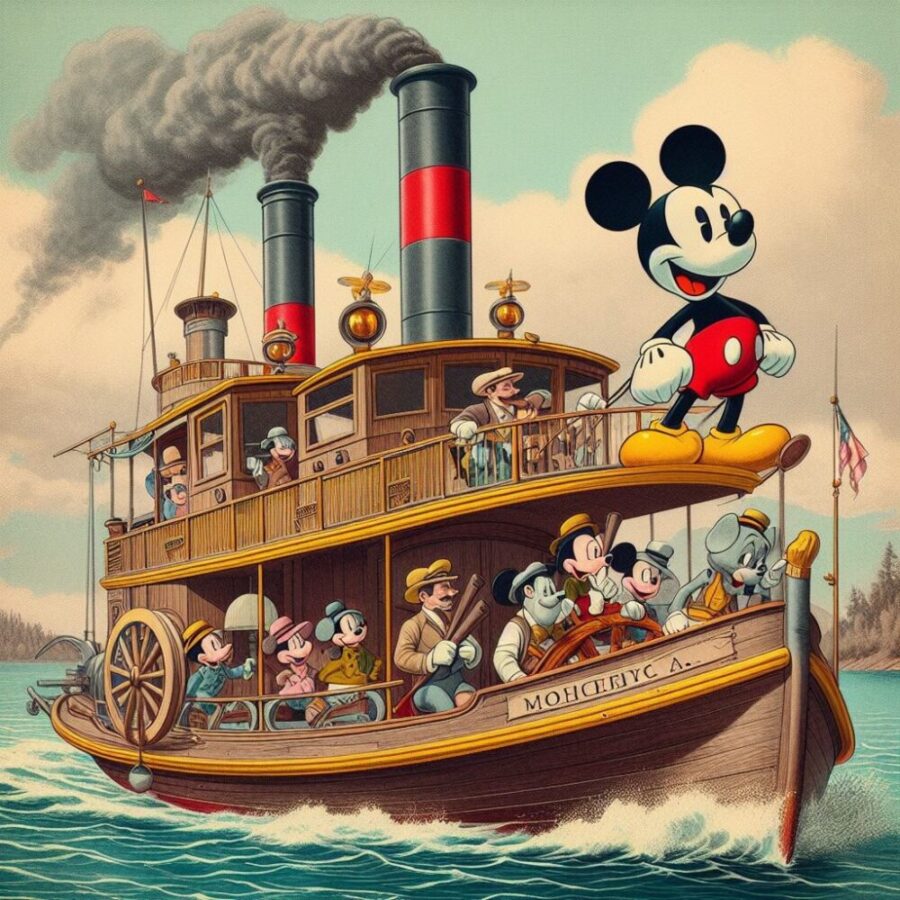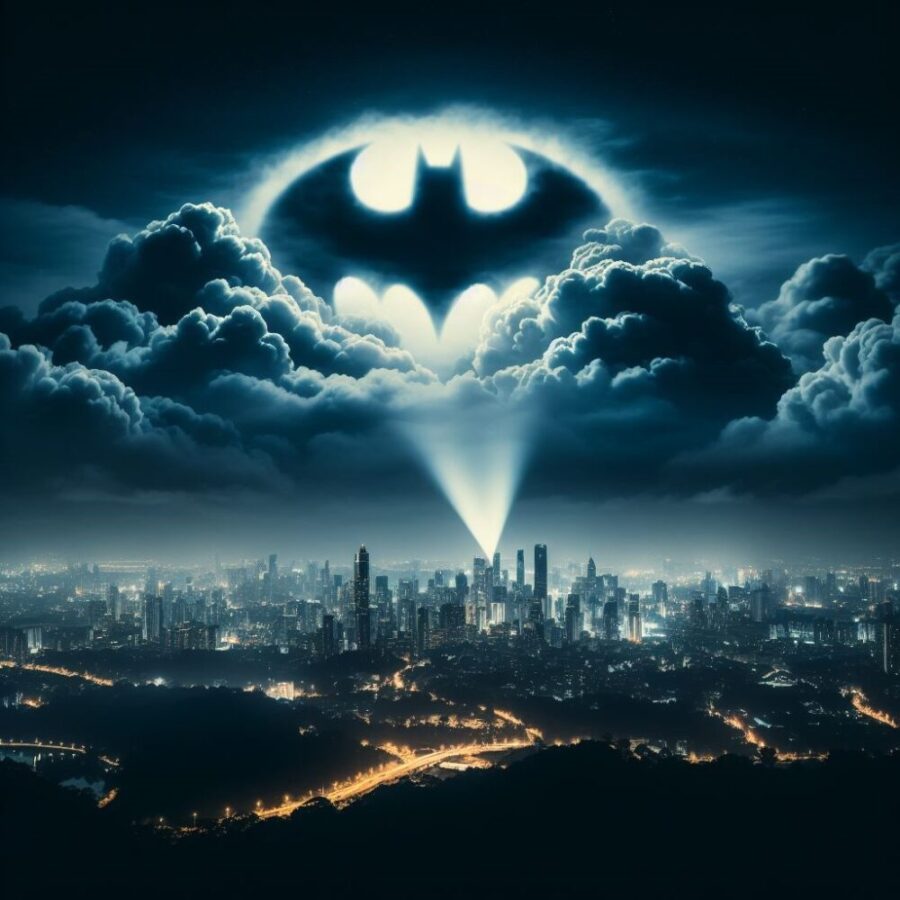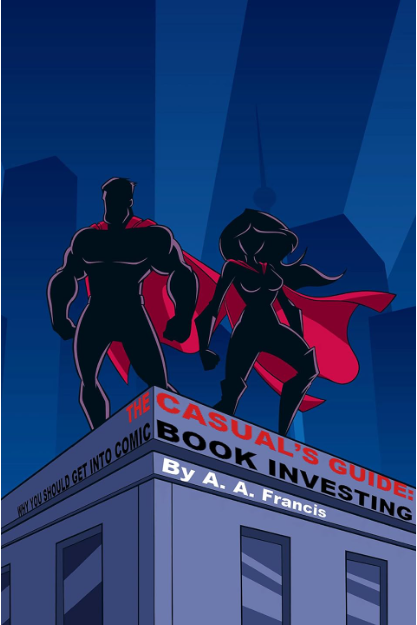8 Iconic Pop Culture Characters Who Will Soon Enter the Public Domain

DALL-E
You may not know this, but many of your favorite characters have been in the public domain for decades or longer. Thor and all of the Norse gods, Sherlock Holmes, Frankenstein, Tarzan, John Carter, and more, are all public domain characters.
You are free to use them as long as you don’t imitate how another creator or corporation uses them. However, dozens of other iconic characters are soon to entertain the public domain in the coming years and decades. Iconic characters like Superman, Batman, Mickey Mouse, and more will become public domain in your lifetime.
Here are 8 iconic pop culture characters who will enter the public domain in the coming years and decades. You will be able to use them in your stories, films, or shows with exacting legal restrictions and conditions. First, here are a few short legal tips about using public domain characters.
Public Domain and Copyright Laws are Complex, Ever-Evolving, and Moldable to Corporate Whims

DALL-E
Copyright law is nebulous, subjective, and can be molded to the whims of billion-dollar corporations. If the IP is owned by a corporation or created by an unknown author, copyright protections could be extended for multiple decades and over a century to keep it out of the public domain.
A character might be in the public domain in one or several countries but not the rest of the world. That means you could only monetize it in those specific countries. Also, you can only use the public domain characters according to how they were specifically depicted aesthetically when they were first published, not as they are now.
Contact a lawyer who specializes in copyright law if you have doubts about using a public domain character.
Winnie-the-Pooh

123RF
Winning-the-Pooh and all related characters created by A. A. Milne in 1926 entered the public domain in January 2022. A horror-themed Winnie-the-Pooh film was released in 2023 with more films on the way. Due to strict public domain laws, the character must have hyphens within the name just like in its 1926 debut. Also, Winnie-the-Pooh in 1926 didn’t have a red shirt, so the 2023 horror film version wears a red-colored plaid shirt.
Steamboat Willie (Mickey Mouse)

DALL-E
Mickey Mouse technically entered the public domain in January 2024. However, the application only refers to the prototype version of the character that first appeared in the 1929 animated short Steamboat Willie. The 1929 Mickey Mouse is simplistic looking, doesn’t wear gloves, and does not resemble the modern version of the 21st century Mickey Mouse. You could only use the Steamboat Willie version of the character if you choose. Still, tread lightly – Disney trademarked the name “Mickey Mouse” long ago and is still currently trying to extend the Steamboat Willie copyright.
Conan The Barbarian

DALL-E
Conan is a popular fantasy character that entered the public domain in the U.K. and most of Europe back in 2006. Unless the copyright is legally extended, Conan’s copyright protections will cease in the United States by the end of this decade. Arnold Schwarzenegger became a household name in the early 1980s portraying this character in two popular films.
Superman

DALL-E
Unless the character’s owner, WBD, finds a way to extend its copyright, Superman, and Lois Lane, will enter the public domain in 2034. Still, you can only legally use the “S” emblem, character aesthetics, and powers as specifically displayed in Superman’s 1938 debut Action Comics #1. Superman could not fly in 1938, only leap tall heights. There was no kryptonite or Fortress of Solitude in 1938. You’ll have to wait decades to use the character’s power of flight, kryptonite, and other modern characteristics according to established canonical use in publishing history.
James Bond (Canada)

DALL-E
The entire literary works of Ian Fleming entered the public domain in Canada and a few other countries in 2015 due to some international public domain law loopholes. Creators in these specific countries can use Fleming‘s entire creative lore with heavy legal restrictions. They cannot use any of the Bond-adapted ideas and aesthetics used in the popular films.
Unless the character’s copyright protection is extended, Bond could become public domain in the United States in the late 2030s or early 2040s.
J.R.R. Tolkien’s Lord of the Rings Books

DALL-E
Copyright law is very complicated. Public domain IPs should not have copyrights restored, but it happened to the Tolkien estate. Due to a technical manufacturing error, the works of J.R.R. Tolkien were in the public domain in the United States from 1965 to 1996. The copyright was legally restored to the Tolkien estate right before the original trilogy of Peter Jackson films was produced. Technically speaking, The Hobbit should enter the public domain in the mid-2030s, but it is anyone’s guess if standard copyright expiration laws would still apply.
Batman

DALL-E
Batman is set to enter the public domain in 2035 or later. However, you could only use the specific depiction of Batman from his debut in Detective Comics #27 from 1939. The character had a simplistic bat-themed costume, not the dynamic and stylish version depicted now. There was no Robin, Bat Cave, or Bat signal in 1939 either.
Captain America

DALL-E
Captain America should lose copyright protections by 2036. Anyone who tries to adapt the character will only be able to use the specific depiction of the character from his 1941 debut in Captain America Comics #1. For example, the character shield is triangular-shaped, and not circular. You could only depict Bucky as a teenage, Robin-type character, not as a grown man or anything like the Winter Soldier.
Get The Facts About Public Domain Characters Before You Use Them

DALL-E
A legal length of copyright protection for an IP can exist from the first publication to 70 years after the death of the author or creator. However, this is only a general rule, as copyright laws are very complicated according to region and country.
It must be noted that the copyright termination dates listed in this article are generalized. These characters are owned by billion-dollar corporations or estates who have every incentive to legally lobby for copyright extensions or use proactive lawsuits to protect their IPs.
The copyrights on these characters could be extended or potentially restored without prior notice. Trademark laws can be used to counter copyright protection loss. Always consult a lawyer when in doubt.
Read More
8 People Who Found Priceless Comic Books In Unbelievable Ways
10 Best Comic Book Characters Without Superpowers

Allen Francis is a full-time writer, prolific comic book investor and author of The Casual’s Guide: Why You Should Get Into Comic Book Investing. Allen holds a BA degree from Marymount Manhattan College. Before becoming a writer Allen was an academic advisor, librarian, and college adjunct for many years. Allen is an advocate of best personal financial practices including saving and investing in your own small business.




